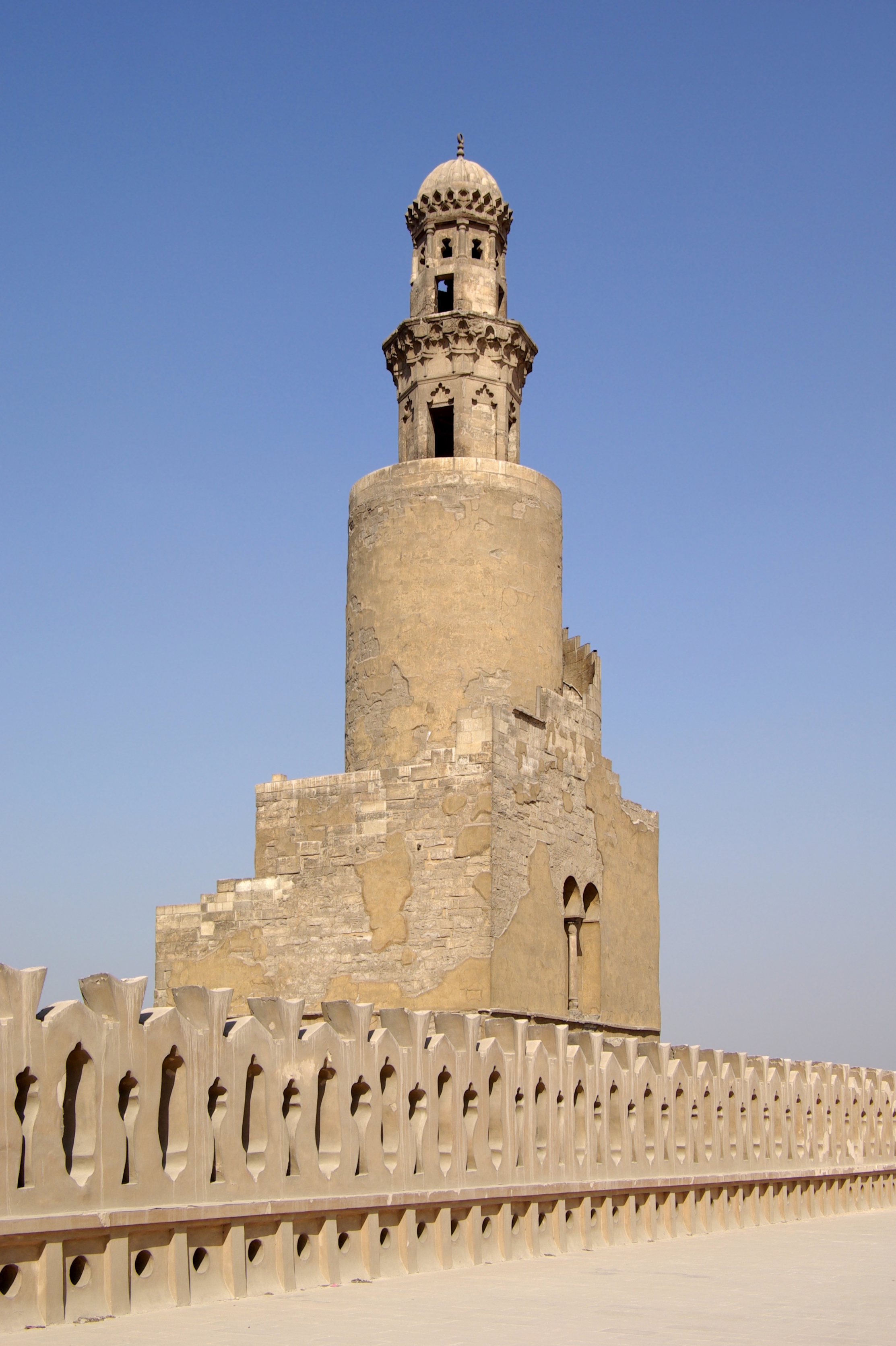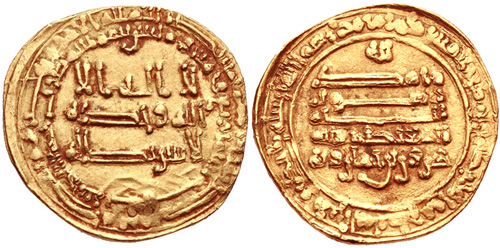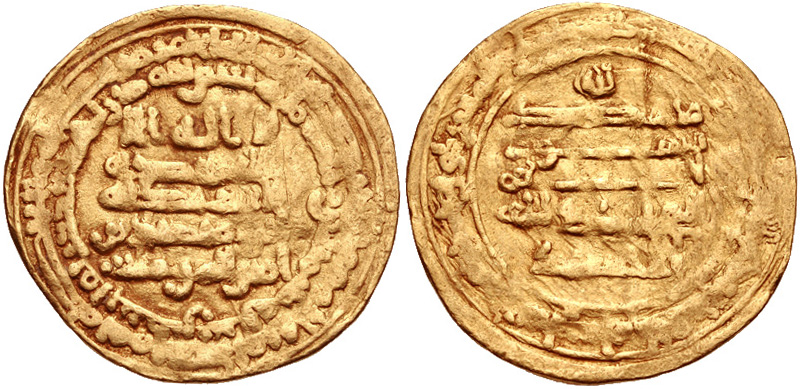|
Abu 'l-Asakir Jaysh Ibn Khumarawayh
Abu 'l-Asakir Jaysh ibn Khumarawayh ( ar, أبو العساكر جيش بن خمارويه; born c. 882) was the third Emir of the Tulunids in Egypt, ruling briefly in 896. The eldest son of Khumarawayh ibn Ahmad ibn Tulun, he succeeded him early in 896 at the age of fourteen. Soon afterwards he ordered the execution of his uncle Mudar ibn Ahmad ibn Tulun. After ruling for only a few months, the faqihs and qadis declared him deposed and he was killed in November 896, along with his vizier Ali ibn Ahmad al-Madhara'i Ali ibn Ahmad al-Madhara'i (died 897) was a member of the al-Madhara'i family of fiscal bureaucrats, serving as director of finances and vizier under the Tulunids of Medieval Egypt, Egypt. As its ''Nisba (onomastics), nisba'' shows, the family hail .... He was replaced by his younger brother Harun. 880s births 896 deaths 9th-century Tulunid emirs Tulunid emirs Year of birth uncertain Executed monarchs {{Africa-royal-stub ... [...More Info...] [...Related Items...] OR: [Wikipedia] [Google] [Baidu] |
Emir
Emir (; ar, أمير ' ), sometimes transliterated amir, amier, or ameer, is a word of Arabic origin that can refer to a male monarch, aristocrat, holder of high-ranking military or political office, or other person possessing actual or ceremonial authority. The title has a long history of use in the Arab World, East Africa, West Africa, Central Asia, and the Indian subcontinent. In the modern era, when used as a formal monarchical title, it is roughly synonymous with "prince", applicable both to a son of a hereditary monarch, and to a reigning monarch of a sovereign principality, namely an emirate. The feminine form is emira ( '), a cognate for "princess". Prior to its use as a monarchical title, the term "emir" was historically used to denote a "commander", "general", or "leader" (for example, Amir al-Mu'min). In contemporary usage, "emir" is also sometimes used as either an honorary or formal title for the head of an Islamic, or Arab (regardless of religion) organisation ... [...More Info...] [...Related Items...] OR: [Wikipedia] [Google] [Baidu] |
Tulunids
The Tulunids (), were a Mamluk dynasty of Turkic origin who were the first independent dynasty to rule Egypt, as well as much of Syria, since the Ptolemaic dynasty. They were independent from 868, when they broke away from the central authority of the Abbasid Caliphate, to 905, when the Abbasids restored the Tulunid domains to their control. In the late 9th century, internal conflict amongst the Abbasids made control of the outlying areas of the empire was increasingly tenuous, and in 868 the Turkic officer Ahmad ibn Tulun established himself as an independent governor of Egypt. He subsequently achieved nominal autonomy from the central Abbasid government. During his reign (868–884) and those of his successors, the Tulunid domains were expanded to include Jordan Rift Valley, as well as Hejaz, Cyprus and Crete. Ahmad was succeeded by his son Khumarawayh, whose military and diplomatic achievements made him a major player in the Middle Eastern political stage. The Abbasi ... [...More Info...] [...Related Items...] OR: [Wikipedia] [Google] [Baidu] |
Egypt In The Middle Ages
Following the Islamic conquest in 639, Lower Egypt was ruled at first by governors acting in the name of the Rashidun Caliphs and then the Umayyad Caliphs in Damascus, but in 747 the Umayyads were overthrown. Throughout Islamic rule, Askar was named the capital and housed the ruling administration. The conquest led to two separate provinces all under one ruler: Upper and Lower Egypt. These two very distinct regions were governed by the military and followed the demands handed down by the governor of Egypt and imposed by the heads of their communities. Egypt was ruled by many dynasties from the start of Islamic control in 639 until the early 16th century. The Umayyad period lasted from 658 to 750. The Abbasid period which came after was much more focused on taxes and centralizing power. In 868, the Tulunids, ruled by Ahmad ibn Tulun, expanded Egypt's territory into the Levant. He would rule until his death in 884. After years of turmoil under Ahmad ibn Tulun's successor, ma ... [...More Info...] [...Related Items...] OR: [Wikipedia] [Google] [Baidu] |
Khumarawayh Ibn Ahmad Ibn Tulun
Abu 'l-Jaysh Khumārawayh ibn Aḥmad ibn Ṭūlūn ( ar, أبو الجيش خمارويه بن أحمد بن طولون; 864 – 18 January 896) was a son of the founder of the Tulunid dynasty, Ahmad ibn Tulun. His father, the autonomous ruler of Egypt and Syria, designated him as his successor. When Ibn Tulun died in May 884, Khumarawayh succeeded him. After defeating an attempt to depose him, in 886 he managed to gain recognition of his rule over Egypt and Syria as a hereditary governor from the Abbasid Caliphate. In 893 the agreement was renewed with the new Abbasid Caliph, al-Mu'tadid, and sealed with the marriage of his daughter Qatr al-Nada to the Caliph. At the height of his power, Khumarawayh's authority expanded from the Byzantine frontier in Cilicia and the Jazira to Nubia. Domestically, his reign was marked by a prodigal squandering of funds on extravagant displays of wealth, construction of palaces, and the patronage of artists and poets. In combination with the ne ... [...More Info...] [...Related Items...] OR: [Wikipedia] [Google] [Baidu] |
Qadi
A qāḍī ( ar, قاضي, Qāḍī; otherwise transliterated as qazi, cadi, kadi, or kazi) is the magistrate or judge of a '' sharīʿa'' court, who also exercises extrajudicial functions such as mediation, guardianship over orphans and minors, and supervision and auditing of public works. History The term ''qāḍī'' was in use from the time of Muhammad during the early history of Islam, and remained the term used for judges throughout Islamic history and the period of the caliphates. While the '' muftī'' and '' fuqaha'' played the role in elucidation of the principles of Islamic jurisprudence (''Uṣūl al-Fiqh'') and the Islamic law (''sharīʿa''), the ''qāḍī'' remained the key person ensuring the establishment of justice on the basis of these very laws and rules. Thus, the ''qāḍī'' was chosen from amongst those who had mastered the sciences of jurisprudence and law. The Abbasid caliphs created the office of "chief ''qāḍī''" (''qāḍī al-quḍāh''), who ... [...More Info...] [...Related Items...] OR: [Wikipedia] [Google] [Baidu] |
Vizier
A vizier (; ar, وزير, wazīr; fa, وزیر, vazīr), or wazir, is a high-ranking political advisor or minister in the near east. The Abbasid caliphs gave the title ''wazir'' to a minister formerly called ''katib'' (secretary), who was at first merely a helper but afterwards became the representative and successor of the ''dapir'' (official scribe or secretary) of the Sassanian kings. In modern usage, the term has been used for government ministers in much of the Middle East and beyond. Several alternative spellings are used in English, such as ''vizir'', ''wazir'', and ''vezir''. Etymology Vizier is suggested to be an Iranian word, from the Pahlavi root of ''vičir'', which originally had the meaning of a ''decree'', ''mandate'', and ''command'', but later as its use in Dinkard also suggests, came to mean ''judge'' or ''magistrate''. Arthur Jeffery considers the word to be a "good Iranian" word, as has a well-established root in Avestan language. The Pahlavi ''viči ... [...More Info...] [...Related Items...] OR: [Wikipedia] [Google] [Baidu] |
Ali Ibn Ahmad Al-Madhara'i
Ali ibn Ahmad al-Madhara'i (died 897) was a member of the al-Madhara'i family of fiscal bureaucrats, serving as director of finances and vizier under the Tulunids of Egypt. As its ''nisba'' shows, the family hailed from the village of Madharaya near Wasit in lower Iraq. Ali was a son of the founder of the family's fortunes, Abu Bakr Ahmad ibn Ibrahim al-Madhara'i. Educated in the traditions of the Abbasid bureaucracy at Samarra, Ali and his sons moved to Egypt, where in 879 Ahmad was appointed director of finances (''‘āmil'') by Ahmad ibn Tulun, the autonomous ruler of Egypt and later Syria. Ahmad held his post until his death in 884, and appointed Ali and his brother al-Husayn as his representatives in Egypt and Syria respectively. Ali succeeded his father in 884, serving as vizier to the new Tulunid ruler, Khumarawayh ibn Ahmad ibn Tulun, throughout the latter's reign (884–896). He continued in the post under Khumarawayh's underage successor, Jaysh ibn Khumarawayh, and was mu ... [...More Info...] [...Related Items...] OR: [Wikipedia] [Google] [Baidu] |
Harun Ibn Khumarawayh
Harun ibn Khumarawayh ( ar, هارون بن خمارويه; died 30 December 904) was the fourth Tulunid Emir of Egypt (896–904). He succeeded his elder brother Abu 'l-Asakir Jaysh, who had been murdered by army chiefs. He left state affairs to the vizier, Abu Ja'far ibn Ali, preferring to live a life of dissolute luxury. This led to a growing crisis in the country, since state finances could not be regulated and the army leaders gradually accrued more power to themselves The Abbasid Caliphate took advantage of this state of affairs and invaded Tulunid-controlled Syria in 904. The Tulunid troops deserted, and the forces of the Caliphate were able to enter the Nile The Nile, , Bohairic , lg, Kiira , Nobiin: Áman Dawū is a major north-flowing river in northeastern Africa. It flows into the Mediterranean Sea. The Nile is the longest river in Africa and has historically been considered the longest ... valley. Harun was killed in an army mutiny. His successor was th ... [...More Info...] [...Related Items...] OR: [Wikipedia] [Google] [Baidu] |
Tulunid
The Tulunids (), were a Mamluk dynasty of Turkic peoples, Turkic origin who were the first independent dynasty to rule Egypt in the Middle Ages, Egypt, as well as much of Bilad al-Sham, Syria, since the Ptolemaic dynasty. They were independent from 868, when they broke away from the central authority of the Abbasid Caliphate, to 905, when the Abbasids restored the Tulunid domains to their control. In the late 9th century, internal conflict amongst the Abbasids made control of the outlying areas of the empire was increasingly tenuous, and in 868 the Turkic peoples, Turkic officer Ahmad ibn Tulun established himself as an independent governor of Egypt. He subsequently achieved nominal autonomy from the central Abbasid government. During his reign (868–884) and those of his successors, the Tulunid domains were expanded to include Jordan Rift Valley, as well as Hejaz, Cyprus and Crete. Ahmad was succeeded by his son Khumarawayh, whose military and diplomatic achievements made h ... [...More Info...] [...Related Items...] OR: [Wikipedia] [Google] [Baidu] |
List Of Governors Of Islamic Egypt
Governors of Arab Egypt (640–1250) and Mamluk Egypt (1250–1517). For other periods, see the list of rulers of Egypt. Rashidun Caliphate (640–658) Umayyad Caliphate (659–750) Dates taken from John Stewart's ''African States and Rulers'' (2005). Abbasid Caliphate (750–969) Governors during the first Abbasid period (750–868) Dates taken from John Stewart's ''African States and Rulers'' (2005). Autonomous emirs of the Tulunid dynasty (868–905) Dates taken from John Stewart's ''African States and Rulers'' (2005). Governors during the second Abbasid period (905–935) Dates taken from John Stewart's ''African States and Rulers'' (2005). Autonomous emirs of the Ikhshidid dynasty (935–969) Dates taken from John Stewart's ''African States and Rulers'' (2005). Fatimid Dynasty (969–1171) Dates for Caliphs taken from John Stewart's ''African States and Rulers'' (2005). Ayyubid Sultanate (1171–1252) Dates taken from John Stewart's ''African States an ... [...More Info...] [...Related Items...] OR: [Wikipedia] [Google] [Baidu] |
880s Births
88 may refer to: * 88 (number) * one of the years 88 BC, AD 88, 1888 CE, 1988 CE, 2088 CE, etc. * "88", a song by Sum 41 from '' Chuck'' * "88", a song by The Cool Kids from ''The Bake Sale'' * The 88, an American indie rock band * ''The 88'' (album), the 2003 debut album by New Zealand band Minuit * Highway 88, see List of highways numbered 88 * The 88 (San Jose), a residential skyscraper in San Jose, California, USA * The 88, a nickname for the piano derived from the number of keys it typically has * A Morse code abbreviation meaning "Love and kisses" * 88 Generation Students Group, a Burmese pro-democracy movement * 8.8 cm Flak 18/36/37/41, known as ''the eighty-eight'', a German anti-tank and anti-aircraft gun from World War II * ''88'' (film), a 2015 film directed by April Mullen, starring Katharine Isabelle * Atomic number 88: radium * The butterfly genus ''Diaethria'', which has an 88-like pattern on its wings * The butterfly genus ''Callicore'', which has an 88-like ... [...More Info...] [...Related Items...] OR: [Wikipedia] [Google] [Baidu] |
.jpg)




